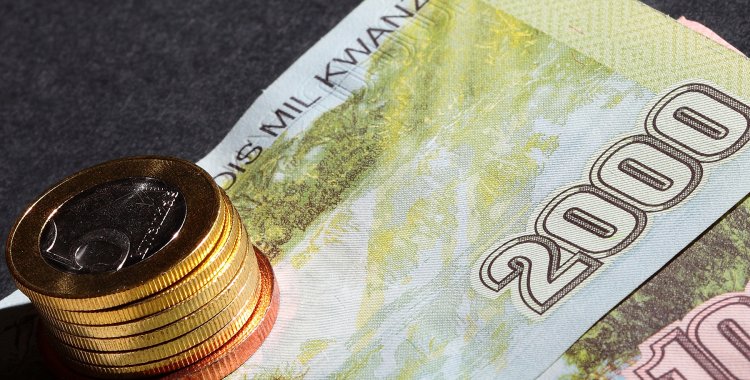According to Cedesa analysts, the model followed by the IMF "although it has potential" is not enough to advance the Angolan economy, because Angola "does not have strong institutions to guarantee the functioning of a free market", nor "a sufficiently robust private sector. to become the economic "engine.
This policy followed by the Government of Angola "has been applauded [and possibly advised] by the IMF" and, in this respect, "lies its strength and weakness", they defend.
Strength, because it contains some measures "indispensable to clean up the Angolan economy and launch it on the path of growth", in addition to its adoption and implementation "brings the praise and support of the IMF and sister organizations".
As for the "weaknesses", they highlight "the lack of attention to institutional reform, the weakness of the private sector in Angola, the recessive effects of contractionary policies", among other aspects.
Thus, for the Cedesa academic group, Angola needs to see "beyond the negative conjuncture numbers of the Angolan economy and understand that there is a reformist policy (...) that is beginning to bear fruit and to mark some new trends".
On the other hand, they argue that the country should take advantage of the opportunities it has, highlighting the rise in the price of a barrel of oil that has already allowed Angola to have a financial cushion in the management of public finances.
In addition to the fact that it managed to reduce imports of some basic products, such as sugar.
The barrel of 'brent' reached a price above $ 55, which has not happened since the end of February 2020, they recall.
"Since [the price of oil] is still the most relevant indicator for the economy, and considering that the [State] budget for 2021 was calculated based on 33 USD per barrel, we have a financial margin of more than 20 USD. if it is an additional 'cushion' in the management of Angolan public finances ", they affirmed, although warning that this price could go down again, given the new political situation in the United States of America and the situation of the pandemic.
But, in whatever context, Cedesa's analysis argues that Angola needs to "perfect the economic policy that is being followed, including the intensification of institutional reforms, which ensure that the judiciary works, bureaucracy does not hinder, corruption does not divert resources ". In addition, the role of the State as an entrepreneurial partner in the private sector should be reviewed.
In the opinion of analysts, it is also necessary to change property rights, which "must be clarified, abandoning the confusion that the collectivization of property has generated and still generates".
At the same time, the courts must be put in place, the bureaucracy "ceases to be an obstacle, and obviously great corruption must be eradicated".
On the other hand, the Government must realize that, in addition to carrying out institutional reform, the State has a role to play in this new phase, they argue. "Not everything can be delivered to foreign investors with short-term perspectives. A mix between the State and the private sector must be found," they pointed out.
According to the analysis, the State is a fundamental agent to achieve the type of innovation that allows companies and economies to grow, not only by creating the "conditions" that allow innovation.
Instead, the state can proactively create a strategy around new areas of high growth before the potential is understood by the business community by funding the most uncertain phase of research in which the private sector is risk averse, seeking new developments, and often even overseeing the marketing process.
"The IMF's recessionary policies, even if necessary, must be offset by other types of policies that alleviate the socially depredating burden of those", they stressed.
"In summary, there must be a mix of reformist policies that are more comprehensive and adequate to Angola, so that in the end the first flashes of success have sustained results", they concluded.
Cedesa, Angola's political and economic research center, is the result of an initiative by several academics and experts who met at the NRA ('Angola Research Network').







